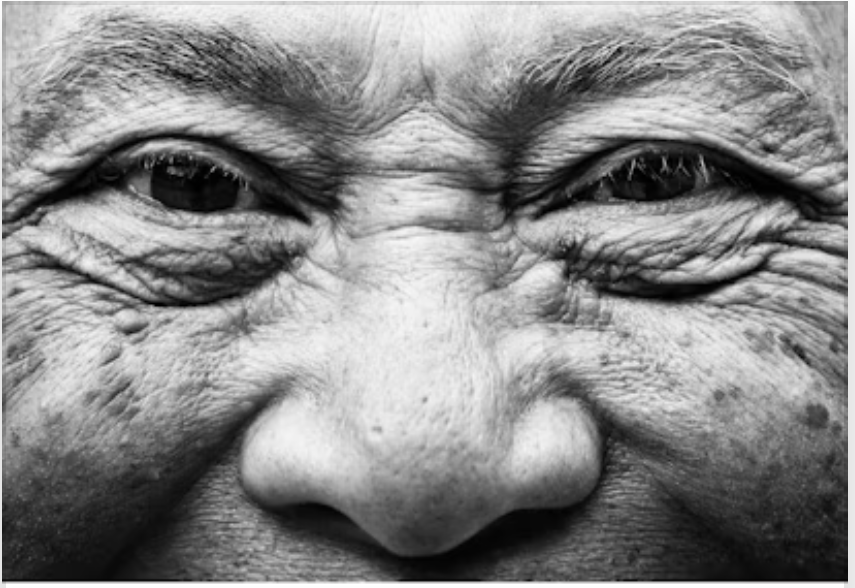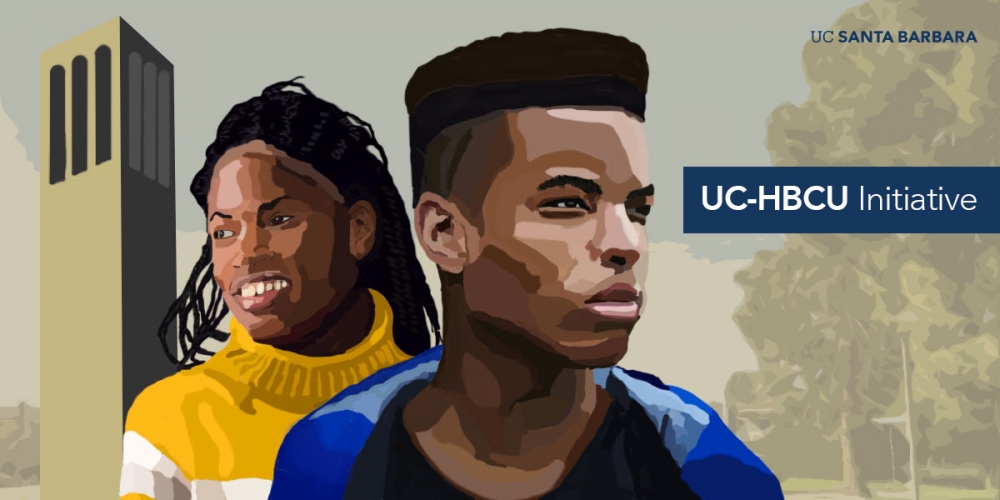
Learning Together
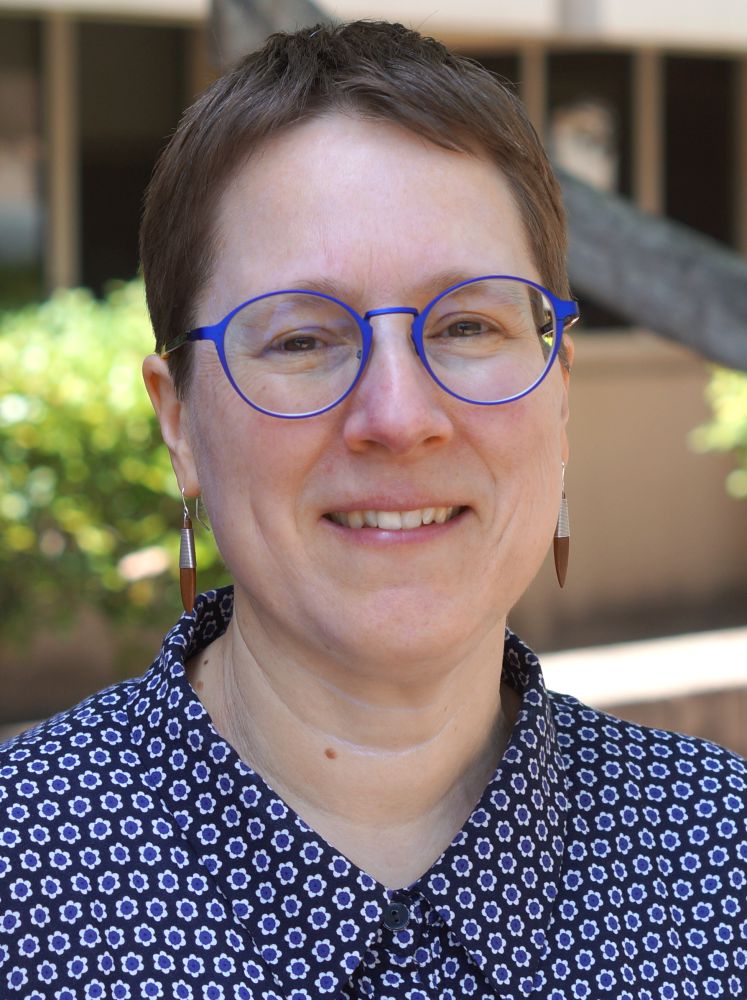
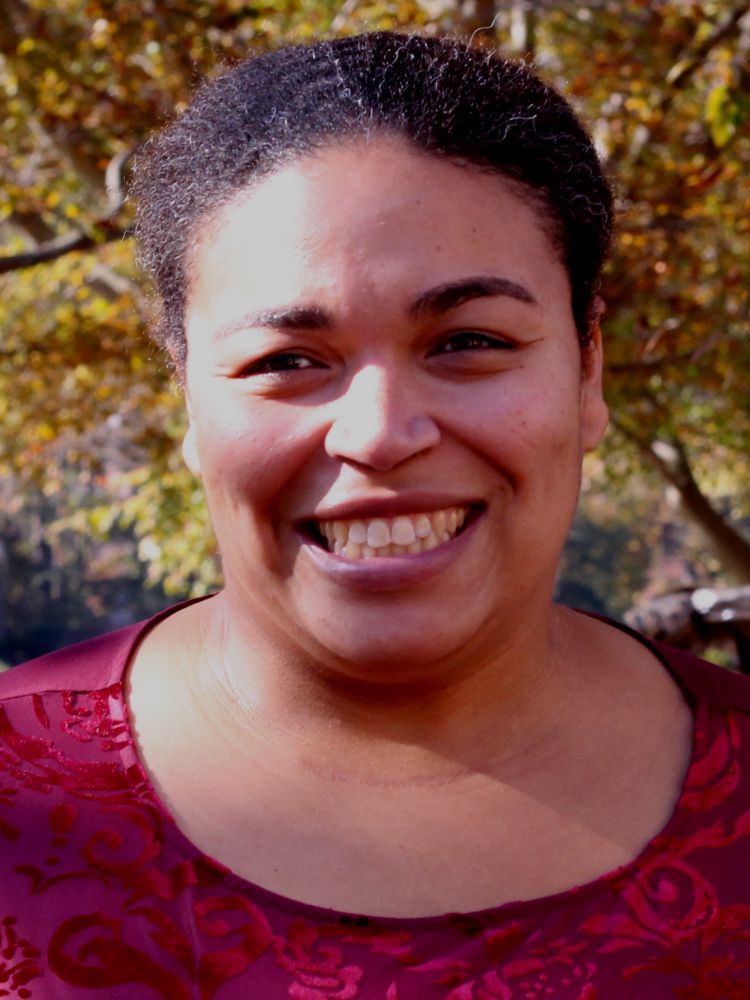
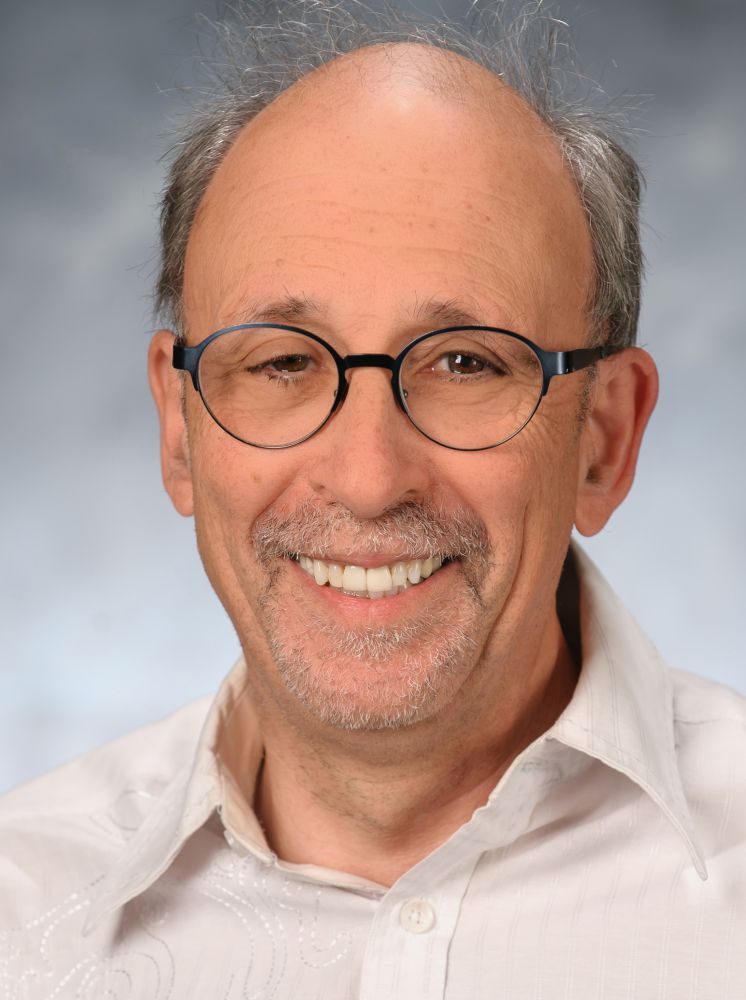
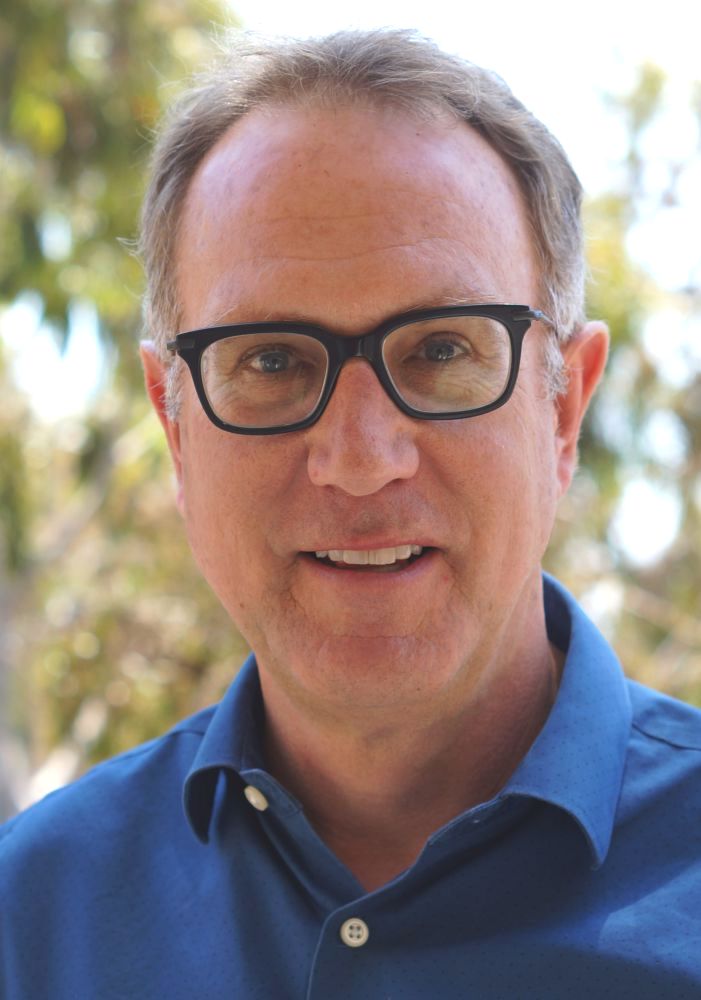
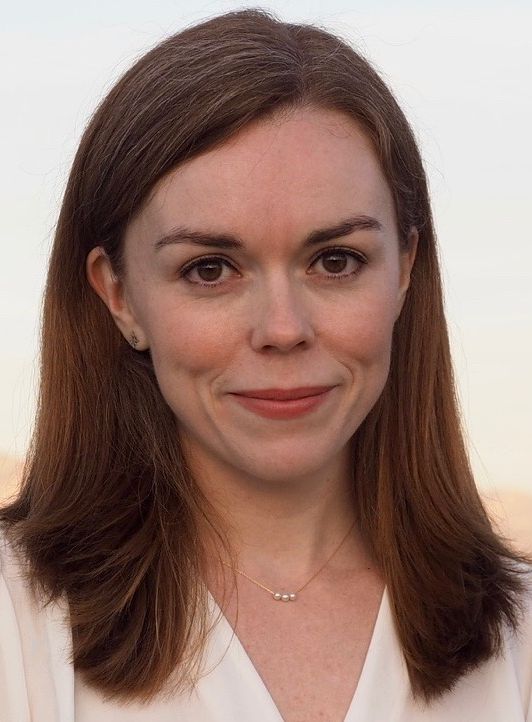
When Mary Bucholtz sought to participate in the UC-HBCU Initiative, which pairs scholars from Historically Black Colleges and Universities with University of California faculty for tailored research and mentorship, she saw it as a great way to diversify the graduate student cohort in UC Santa Barbara’s Department of Linguistics, where she is professor and chair.
The eight weeks she spent with students from Virginia State University, Norfolk State University and Virginia Union University turned out to be much more.
“I learned far more from the students than I think they’re learning from me,” Bucholtz said. “It was absolutely revolutionary for me intellectually and personally last summer to work with these students, and I’m extremely excited to see where we can go from here.”
Bucholtz, along with Anne H. Charity Hudley, Director of Undergraduate Research and North Hall Endowed Chair in the Linguistics of African America, will again host a group of young scholars at UC Santa Barbara this summer, but this time she’ll have plenty of company. Faculty in three disciplines — English, classics and chemistry — will also lead research projects with visiting students thanks to grants awarded by the UC Office of the President.
Their participation in the demanding program comes in large measure from the encouragement of Charity Hudley, who is a tireless advocate for undergraduate research.
“Obviously, none of this could have happened without her presence and her leadership,” Bucholtz said of Charity Hudley, who worked on the initiative proposal with Bucholtz before she came to UC Santa Barbara in 2017 from the College of William and Mary. “She is visionary in every way. Her brilliance, her charisma, her political savvy. She gets things done. She doesn’t let walls get in the way; she will knock them down and climb over them. ‘This is not acceptable. We need to take it to the next level.’ And she’s always pushing us to that level of excellence.”
The UC-HBCU Initiative involves much more than just bringing students in for a few weeks of study. It represents a relationship between the California campuses and the schools that send their best and brightest students to experience the rigors and opportunities of a top-tier research university. But the benefits of the initiative don’t flow one way.
“This is not some sort of favor the UC system is doing for HBCUs,” Bucholtz said. “It is, if anything, the other way around. It is asking a lot for these institutions, who care so deeply about their students. The presidents of these universities know the undergraduates personally. It’s a very different kind of relationship, and people are deeply invested throughout their careers in their students and their well-being at all levels. And so the fact that they’re willing to trust us to take this on is huge, and we can’t mess it up.”
To help build that trust, Bucholtz, Charity Hudley and some graduate students went to Virginia and visited all three of their partner schools. They also brought HBCU faculty and administrators to UCSB to show them what their students could expect in Santa Barbara. And current linguistics doctoral student Kendra Calhoun is teaching this spring at Virginia State University as a fellow of the VSU Honors College.
“It was extremely illuminating for our students coming from Virginia to see what it’s like to live in California,” Bucholtz said, “what’s it’s like to be a California undergraduate, what you can and can’t take for granted. I think some of the issues of diversity and inclusion that are just taken for granted on this campus are not taken for granted everywhere.”
For the UCSB faculty, diversity isn’t merely a catchword, it’s a commitment, and the UC-HBCU Initiative is the walk behind the talk. With African Americans averaging just 3.1 percent of UC doctoral program students, one of the goals of the program is to recruit HBCU students to come west for their Ph.D. studies.
But bringing underrepresented students to a UC campus is only part of the process of inclusion, Bucholtz and Charity Hudley said. Real inclusiveness means understanding students from diverse backgrounds and treating them as individuals.
“It’s actually a two-way street,” Charity Hudley said. “The idea is that we can’t be the university we want to be unless we’re learning about teaching practices and student experience at the HCBUs. Our faculty here needs to know how to educate students, not just from HCBUs but students here from diverse backgrounds.”
Here’s a look at what UCSB faculty are planning for this summer’s UC-HBCU Initiative.
Linguistics
Bucholtz, Charity Hudley and the grad students assisting them will host a total of 11 students. This includes HBCU students from Virginia State University, Morehouse College, North Carolina A&T University and Jackson State University. In addition, thanks to a separate National Science Foundation Research Experience for Undergraduates grant to expand the project, they will also be mentoring students from Kentucky Wesleyan College, Florida International University, Emory University, Stanford University and UCSB.
Because a number of HBCUs don’t have a linguistics major, to get students up to speed before they arrive at UCSB, they take an online course that covers the basics of the discipline. Last year’s summer program focused on developing research skills in linguistics and carrying out individual research.
This year Bucholtz and Charity Hudley are taking it up a few notches. The first four weeks of their eight-week program will be spent at the 2019 Linguistic Institute at UC Davis. Sponsored by the Linguistic Society of America, the biennial event features advanced courses, lectures, workshops and more. “It’s like linguistic summer camp,” Bucholtz said.
“It’s this very intense but highly social experience where you get to have a beer with somebody whose scholarship you’ve read since you were an undergrad,” she continued. “It’s an amazing experience.”
It’s also serious work, and Bucholtz said her students have the potential to bring a fresh perspective to the study of linguistics.
“We’re not only going to make the most of the institute,” she said, “but I think we’re also going to help transform the institute and the discipline by saying, ‘Look, this is a place where Black students and scholars have a really important contribution to make,’ and I think that’s going to be really good for the discipline.”
For the final four weeks, the students will return to UCSB to conduct research, interviewing African American students about the roles of language and culture in their college experiences, Charity Hudley said.
It’s a big deal for the students and faculty. Bucholtz said such experiences should be the norm.
“I guess maybe that’s the final word: This should not be a special, unique opportunity,” she said. “All students should have the opportunity to do undergraduate research. All students should have the mentoring toward graduate school and professional careers in the academy. We need scholars everywhere, from all walks of life and all geographic regions, to be bringing their brilliance and their insight into the academy and then spreading out from there.”
Classics
When Brice Erickson, a UCSB professor of classics, sought applicants for his six-week session in the UC-HBCU Initiative, he was told he might not get enough applications to fill the four open slots.
“We ended up getting 25 applicants,” he said.
The four students from Howard University — what the writer Ta-Nehisi Coates called “The Mecca” — are in for an adventure. After four weeks at UCSB studying and doing original research, Erickson will take them to Greece for two weeks. Staying at the American School of Classical Studies in Athens, the students will excavate at the Athenian Agora and receive broad exposure to the history, art, medicine, philosophy, archaeology and more of Ancient Greece, Erickson’s specialty.
“I’m going to try to give them a sense of all that,” he said, “and there will be stuff in Athens we can look at directly that might pertain to a research topic they’re working on.”
It’s no small coincidence that this is how Erickson got hooked on classics. As a young student he went to Greece for an excavation, where he saw “how people do their research, and how lively and exciting it is to discover new things. This is a profession that we find things that really transform our understanding of the past almost every year.”
Erickson said he’d love to see his students embrace classics, which he said suffers from the perception of being a bastion of old white men.
“We’ve been a good department with trying to think of ways to outreach, to make it more diverse,” he said. “We’ve tried, but I would say even by receiving this grant, my whole department has become even more attuned. ‘What more can we do?’ It’s started a conversation. I would say we’re all happy that the classics department has this, but we’re also encouraged and challenged, and it’s started a deeper conversation about what we can do to make it a more diverse field.”
English
Rachael King, an assistant professor of English, won’t be taking her five Howard students out of Santa Barbara, but they will spend their time in the 18th and 19th centuries. They’ll get there by diving into the archives of correspondence collected by a Quaker woman.
The letters, housed in UCSB Library’s Special Research Collections, offer the students a chance to do original archival work, King said. Although library staff has catalogued the letters, they remain unexamined by the academy.
“Scholars don’t really know that this collection is here,” she said. “In the scholarly community it really hasn’t been studied at all, so it’s a really great opportunity to get in there and help students see how you go about that process of very fine-grained archive research.”
King hopes to host a mini-conference at the end of the session with the English and history departments whereby the students can present their research.
As a scholar of the 18th century, King said the period is rife with issues of race and empire, one that could benefit from a more diverse field of researchers. She hopes this summer’s program will inspire a new generation of scholars.
“It’s a really amazing program and hopefully we can attract some of these students here,” she said, “because we’d really love for them to be in our department as well.”
Chemistry
For Mattanjah de Vries, a distinguished professor of chemistry, working with an HBCU is practically old hat. For roughly 15 years he has collaborated with Glake Hill, a chemistry professor at Jackson State University in Mississippi. Recently he hosted Hill and 24 students from the university as part of the JUMP (JSU-UCSB mentoring partnership) program, which encourages JSU students to apply for graduate school at Santa Barbara or other UC campuses.
“It’s nice to have this relationship,” he said.
For the UC-HBCU Initiative, six JSU students will be paired with UCSB faculty mentors to pursue undergraduate research in the faculty members’ labs, de Vries said. They will also participate in some joint programs.
De Vries said he sees this summer’s initiative as part of a larger effort to offer underrepresented students exposure to a UC education and the opportunities that flow from it.
“Diversification is one thing, but it’s not just a recruitment tool,” he said. “I see it as a much more long-term proposition where we provide this opportunity, and hopefully some of these students will get some advantage from it. And if that means some of them wind up here, then that’ll be nice for us, too.
“They don’t have all the opportunities that a large, public research university has in California,” de Vries added. “And so the opportunity to be exposed to that, hopefully it’s a good experience.”



